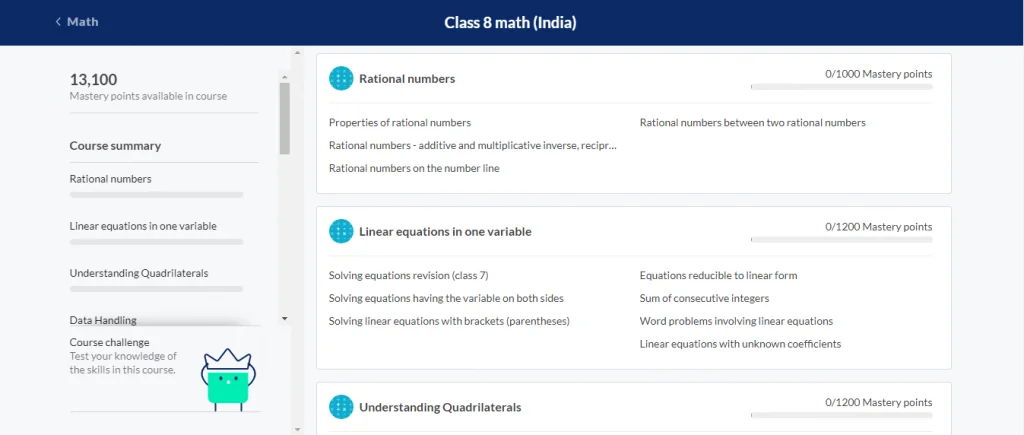Globalization and the interlinking of economies have had an impact on the 19th and 20th centuries. A higher quality of living. A better understanding and appreciation of other cultures and a spread of information and technology unlike ever before, to name a few.
But does this high level of connectivity between countries have any negatives?
Would the disease have spread throughout the world so quickly? Probably not. In the 18th and 19th centuries, poor hygiene and cramped working conditions meant that the coronavirus would have probably swept across industrial countries rapidly before travelling abroad.
Would the disease have infected more people and killed more? Certainly. Reports show that the bubonic plague killed 1 of every 1.5 patients, while the coronavirus kills 1 of every 19 patients it infects.
Globalization does have positives when it comes to COVID-19 as well. People are now able to work from home and students can learn from home. Services such as Zoom and Slack offer professional tools to stay in touch with your colleagues and run your companies.
Video call services such as Whatsapp, Zoom, FaceTime allow family members to interact with each other and spend some time together even if they are thousands of kilometres away.

Delivery services such as Zomato or Amazon have begun to enforce a number of protocols in order to slow down the spread of the virus such as contactless payments, door deliveries and mask-wearing riders.
Services like Google for Education allow educators to teach their students from home. Even before this, Khan Academy and Coursera were a few services that were offering thousands of courses for free.
Many companies have seen this demand for products and have begun offering several deals to appeal to consumers during this trying time:
- Google is offering free access to Hangouts Meet.
- Microsoft is offering six months of its Microsoft Teams platform for free.
- Zoom lifted the 40 minute limit for its free basic plan.
Doctors have also been able to share the genetic code of the virus very quickly and have already begun the development of vaccines. Food banks and services for the elderly have been able to get volunteers by advertising on social media.
People all over the world can have better access to information about the virus and how to prevent it. We already know about the real-time count, but there are other innovations that have arisen.
Many websites are working on GPS-enabled tracking which allows its users to track coronavirus patients using their phones.
Researchers in the US have worked on a tracking algorithm that showed the movement of people throughout the country from a single party in Florida in order to demonstrate how small events can have large consequences.
Social media has turned into an escape for quarantined people. Survivors from Italy and China have shared their stories with people all over the world to convince them to stay at home.
Teachers are posting educational videos. Chefs are posting cooking videos. Gym trainers are posting daily workouts. It’s almost like our real world has been transformed onto a digital platform.
But all great things can be misused or abused.
This spread of information may also contribute to an increasing sense of paranoia and fear in citizens. Aren’t we immersed in a world of coronavirus news and facts and figures every single time that we go on to the internet?
Would citizens benefit without knowing the number of people who died every single second of the day, as headlines from newspapers or websites all feature just that?
The digital era has pushed forward a number of innovations, whether it be making ventilators in a few minutes or creating drive-through testing centres. I think it is safe to say that we are fighting this virus at the right time – connected and driven.
——————————————————————————————————————–
Source : https://www.cdc.gov/plague/faq/index.html





